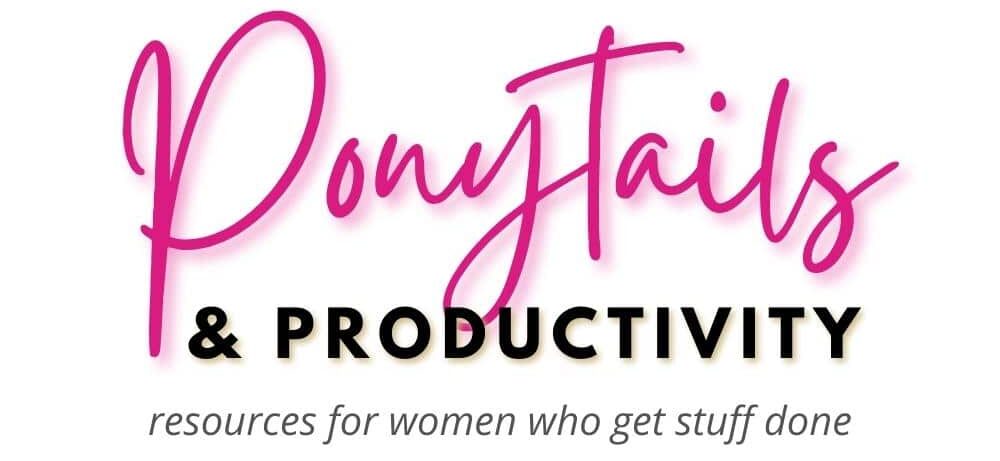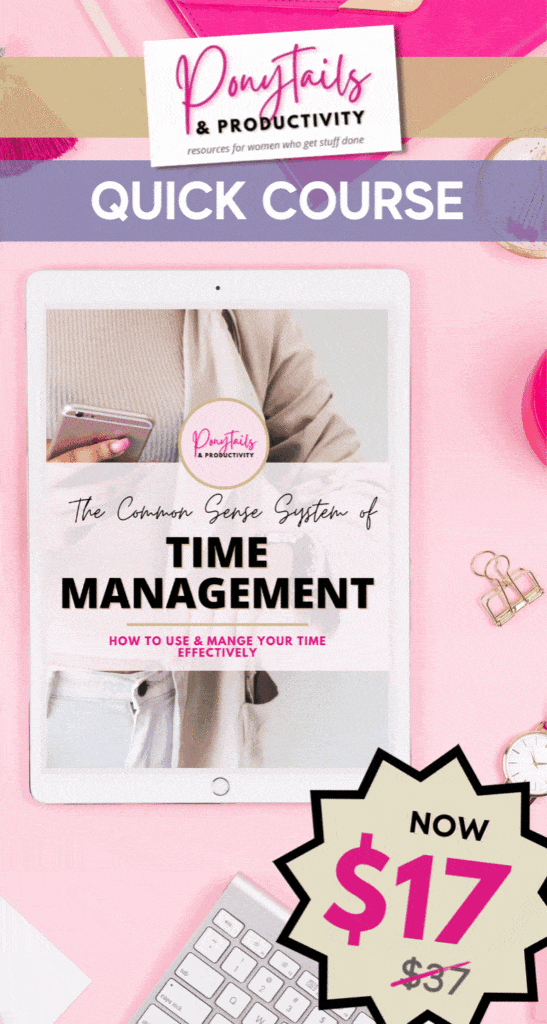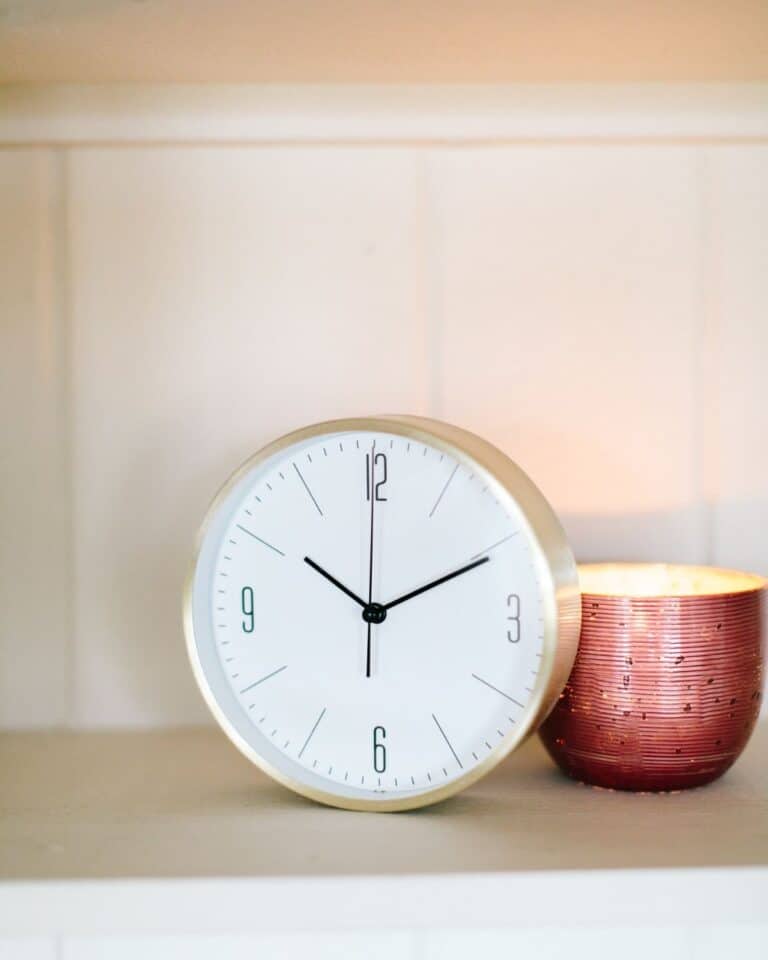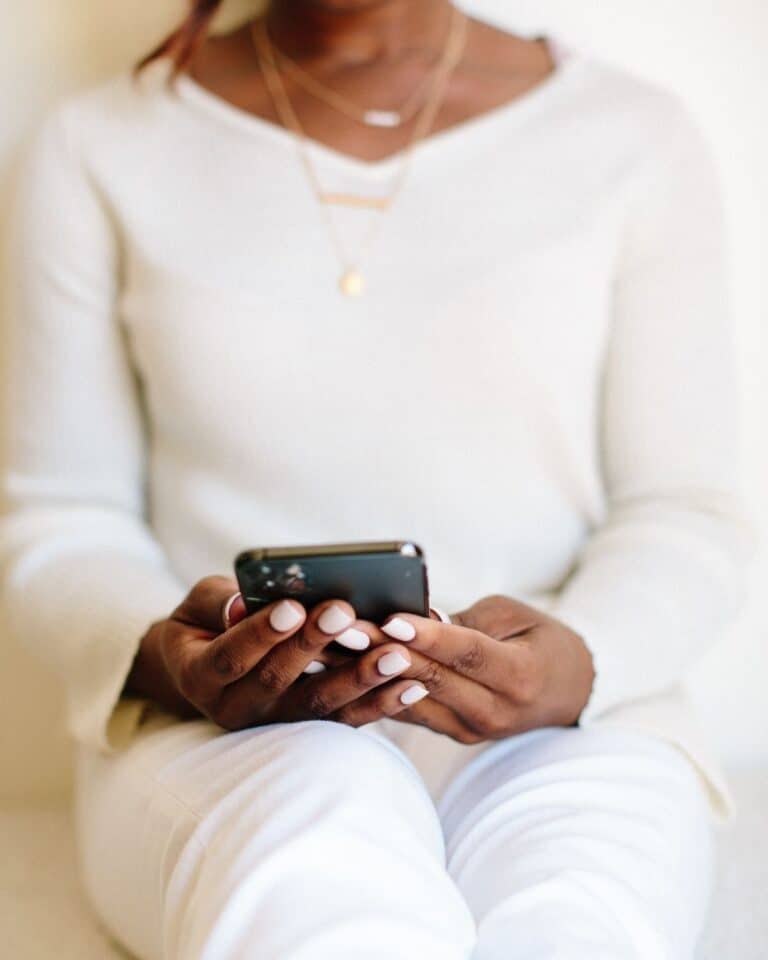How to Wake Up Early and Be Productive: Here is Your Motivation!
Do you want to learn how to wake up early?
It can be tough, but it’s definitely worth it.
In this guide, we will discuss the best ways to make the transition from night owl to early bird.
We’ll cover everything from setting a goal to creating a morning routine.
By following these tips, you’ll be able to start your day off on the right foot and accomplish more than ever before!
How to Wake Up Early
Waking up crazy early isn’t many people’s strong suit, but you can’t deny it’s a powerhouse tool common to CEOs, high-earning entrepreneurs, top athletes, and all the type A go-getters you admire.
But actually getting out of bed when your alarm goes off at the crack of dawn is easier said than done.
Regardless, there is a way to beat the early-morning snooze button habit, and it’s all about setting yourself up for success.
As with anything, once you get used to waking up early consistently, it becomes a habit – soon you won’t even remember 5 am used to be painful, and who knows, you might even start to enjoy it!
Here is how to wake up early and be productive.
[cboxarea id=”cbox-vmcPlCRRrzPdHuRr”]
The Night Before
The very first step is to set yourself up well the night before.
This too will become habit, but until it does, you need to make a conscious effort to prioritize sleep, starting long before you actually go to bed.
Start changing things like:
Know how much sleep you need
Contrary to popular belief, waking up early doesn’t have to be an exercise in sleep deprivation; actually, it won’t work at all long term if you’re not getting what you need for sleep.
Some people can function well on 4-5 hours, and if that’s you, congrats!
I personally need a full 8 hours to stave off angry me, so waking up at 6 for me means going to bed no later than 10.
Figure out what time you need to go to bed in order to get your sleep before your wake-up goal – it’s not a bad idea to give yourself an extra half hour to account for actually settling in.

Set up nighttime habits
Your brain loves routine.
Setting up a nighttime routine before you go to sleep will over time be stored in your subconscious as, these are the things that happen before sleep and will signal to your body that it’s time to get sleepy.
Even something as simple as eating the same snack every night before bed will send off notices that it’s time for your brain to start winding down.
Ditch self-sabotage
Drinking coffee at 7 pm, heavy desserts, more than one evening beer – these things are going to come back around to bite you in the butt.
Alcohol and heavy food prevents you from falling into restorative sleep, while caffeine prevents you from falling asleep at all.
Studies have shown too that exposure to blue light (like that emitted from your cell phone and computer screens) have an inhibiting effect on your ability to produce melatonin, the chemical we release for restful sleep.
Blue light blocking glasses can help with this as well. Here are my favorite pair:
Turn your screens off and keep to light foods and beverages once the sun starts to sink for the night.
Take it easy, tiger
Having a bunch of adrenaline or stress coursing through your body isn’t going to get you very far when it comes to a solid night’s sleep.
Leave the horror movies, panic-inducing news coverage, and the complicated work stuff that stresses you out for some other time of day.
Evenings are perfect for prioritizing relaxation, like a nice bubble bath or gentle exercise (like walking the dog or practicing yoga). The scents are amazing at calming me down and relaxing me before bed:
Plan your day out the night before
Having a solid foundation for the next day’s activities before you go to bed is the ultimate “shut up” to that nagging voice in your head that keeps trying to go over every little detail while you’re trying to get to sleep.
Not only that, but this way when you wake up you don’t have to try too hard to comprehend the world early in the morning; you’ve already got a roadmap for the day.
This can only help make it easier for you to both fall asleep and get going when you can’t remember how to spell your own name.
The Morning Of
Starting off with the alarm
Many sleep experts agree that waking up with natural light gives you the best chances for a gentle awakening that doesn’t leave you feeling groggy and deprived.
An alarm clock like this one mimics the sunrise and gradually brightens half an hour before your alarm time to give you the best start to your day.
Alternatively, if you’re the type who really needs a little tough love in those moments, Clocky is a super-loud alarm clock that literally runs away from you, making you get out of bed and chase him down in order to turn it off.
Hands off the snooze button
Snoozing the alarm has got to be the single worst invention of the 20th century.
Yes, it’s tantalizingly tempting to just hit a button for ten more minutes of sleep, but the effects it actually has on your system are NOT helpful.
When you go back to sleep after hitting the snooze, your system actually starts a new sleep cycle, releasing hormones that help you fall asleep quicker.
These hormones stay in your system after every snooze, making it progressively harder to wake up each time you hit that button and keeping you feeling groggy and cloudy long after you do actually pull yourself out of bed.
Set one alarm, and get up when it goes off. Not so easy? Here’s that link for Clocky again, in case you needed it.
Give Yourself a Boost
If you’re a morning coffee person (like me), now is not the time to try to kick the habit.

If coffee isn’t your thing, grab something to eat that will give you a bit of a perk up, like fresh fruit (apples are a great choice, due to the high concentration of natural sugars).
Stepping outside for a minute to get some sunlight will help wake you up, or maybe a shower first thing in the morning.
Find something regular to help transition you from sleeping to ready to face the day, and make it part of your routine to help waking up early become a long term habit.
Have something to look forward to
If you’re waking up earlier to exercise or starting a new job that requires an early start time, then you already have an incentive to get out of bed.
For me, waking up early was a way to guarantee some quiet time in the morning to journal and go over my plans for the day and maybe get some work done before the rest of my family got up.
Either way, have something planned for those extra morning hours that you look forward to that will act as a reward for crawling out of bed before the sun does!
Track your progress
This is a common refrain you’ll hear around here – Write it down on paper.
Put your wake time in your planner and record your progress as you wake up.
A habit tracker in your planner can work well as a visual reminder of your successes, or if you want to go more in-depth, you can try something like this Morning Sidekick Journal.
I haven’t used it yet but I LOVE the idea and I’m ordering one to add into my morning/evening planning routines!
Forming the Habit of Waking up Early
In order to turn your early-morning efforts into long-term habits, there’s a few things you need to keep in mind:
Keep it Consistent
If you want early rising to become second nature, you’ve got to do it every day.
Yes, even weekends.
Yes, I know, that sucks.
Once your body gets more used to waking up at the same time every day, once-in-a-while lazy Sunday mornings aren’t going to hurt, but if you want to form a long lasting habit, for now you’ve got to commit
Don’t try to transition into it
Some people (websites) will tell you that the best way to start waking up at 5 am is to start waking up at 7:30, then 7:00, then 6:30, 6:00, 5:30, you get the idea. Let me just say this, as clearly as I can:
That is the worst advice ever.
EVER.
Here’s why:
When you start to wake up earlier, you’re going to be reshaping your circadian rhythm.
Your system fights it at first – just like it fights a brand new exercise program, moving across time zones or season changes.
Eventually you do it enough times that your body goes, “Oh hey, we’re not dying after all, this is just a thing we do now”, and it stops feeling awful.
When you try to transition into an earlier waking time, you’re putting yourself through that over and over again.
It doesn’t make it easier. If you’re used to waking up at 8, waking up at 7:30 isn’t any easier than waking up at 6.
If you’re also restructuring your bedtimes each time, you’re going to spend most of your nights laying in bed staring at the ceiling thinking, why can’t I sleep. I need to go to sleep now. One sheep. Two sheep – ugh this is awful.
Normally I advocate baby steps towards a big change. This is not one of those cases.
If your end goal is to wake up at 6 am, start by waking up at 6 am. Anything else and you’re just messing around.
One Last Note on How to Wake Up Early
I don’t want you to panic if the first day you try to wake up early you find yourself miserable, not able to sleep the night before, and just end up sitting on the edge of your bed for the first forty five minutes.
Remember above?
Your body is designed to fight changes.
The important thing is to keep waking up at your goal time.
The first week, maybe you don’t get anything done.
That’s okay!
Maybe that first week you’re a powerhouse and then your momentum drops and you struggle for the second week.
That’s okay!
Stick with your schedule. And those sleepless nights? Trust me, once your body figures out you’re waking up early (whether you want to or not), you’ll start dropping off like a baby in no time.
I hope you use these tips on how to wake up early and be productive every day from now on!
Looking for some more productivity tips?
Check out our best posts:
- The Best Productivity System for You: How to Find the Right Tools
- A Productive Morning Routine to Help You Start Your Day Right
- 7 Overlooked Productivity Hacks for Working From Home
- Journal Prompts to Find Your Purpose
our quick course on time management!
Pin it on Pinterest:













